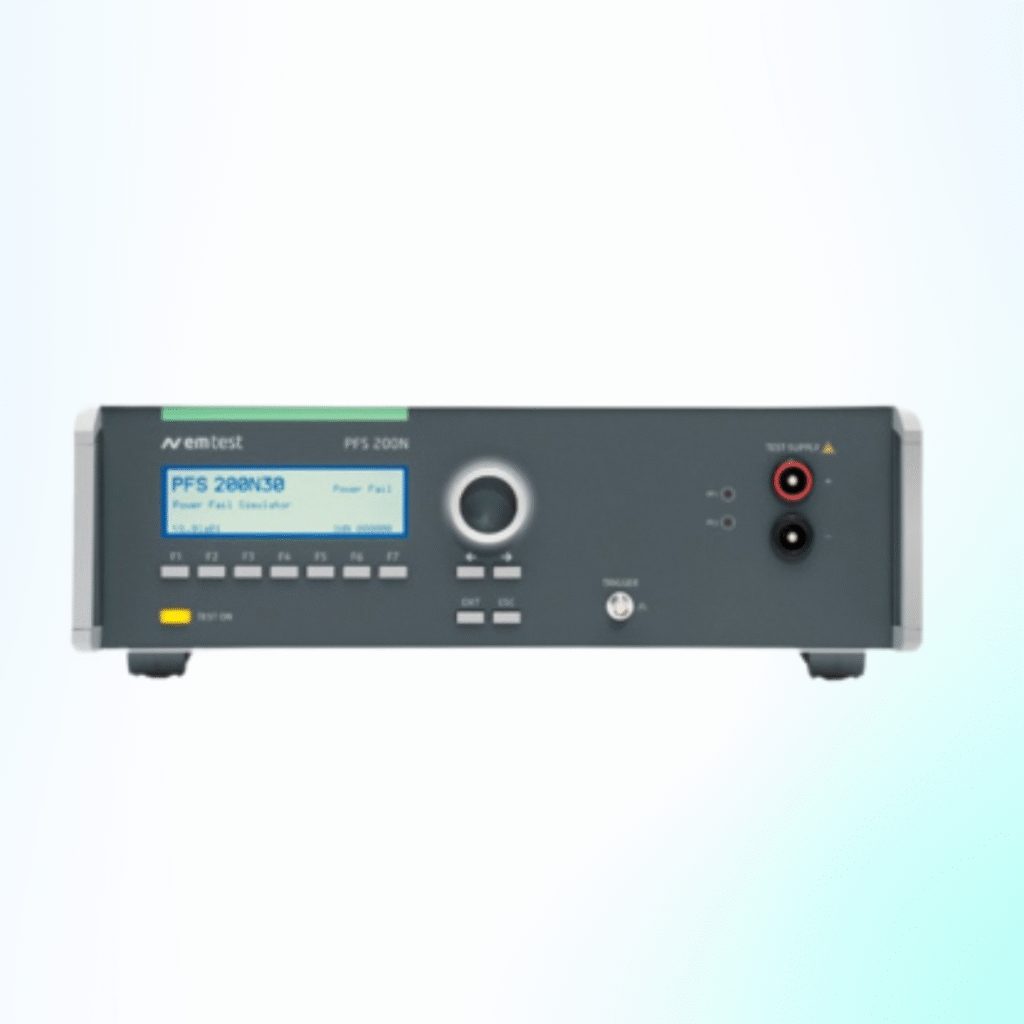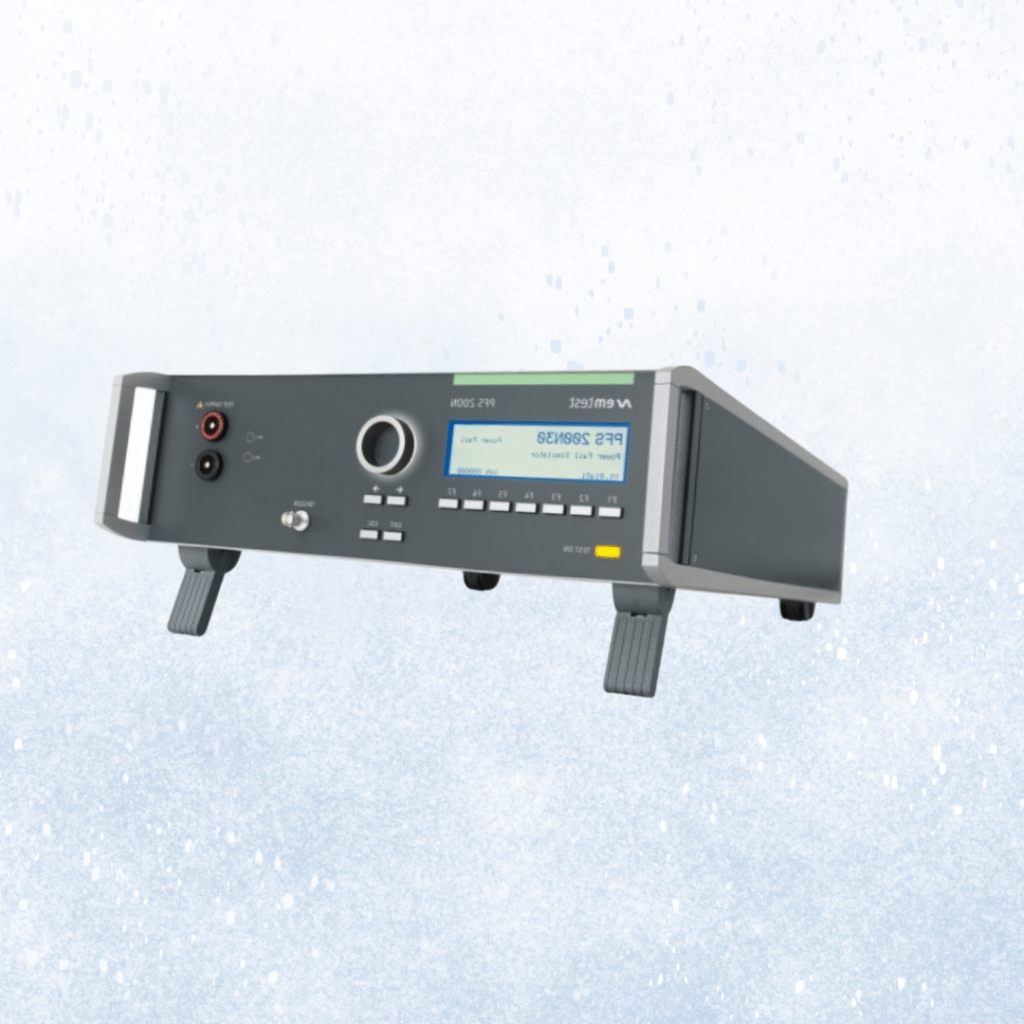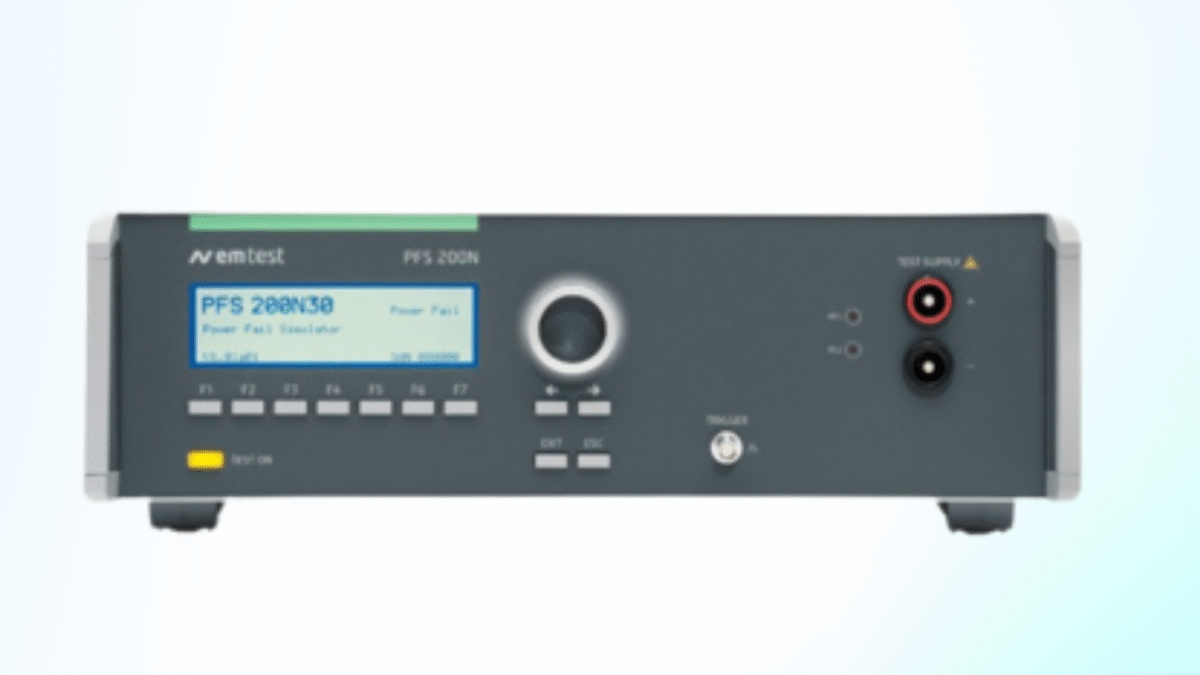Insulation Resistance Test as per ISO 16750-2
Insulation Resistance Test as per ISO 16750-2 at Kiyo R&D Center And Laboratory in Chennai
Introduction
- As vehicles and electronic systems become increasingly integrated, ensuring their safe and efficient function is no longer optional—it's essential. Among the many critical tests that guarantee reliability in harsh operating environments is the insulation resistance test as per ISO 16750-2. At Kiyo R&D Center and Laboratory, a trusted name in advanced material and component testing, we are proud to be a go-to destination for those seeking top-tier insulation resistance test in Chennai.

Understanding the Role of Insulation Resistance Testing
Every electrical system, whether in a car, a control unit, or a battery module, depends on robust insulation to prevent current leakage and potential short circuits. The insulation resistance test is used to assess the integrity of this insulation, revealing weaknesses that might otherwise go unnoticed until failure occurs.
By applying a specified DC voltage and measuring the resistance of the insulation material, engineers can determine whether components meet safety and quality benchmarks. Higher resistance values indicate better insulating properties.
Why ISO 16750-2 Sets the Benchmark
The ISO 16750-2 standard is specifically designed for electrical and electronic equipment used in road vehicles. It establishes procedures to simulate environmental stresses like heat, moisture, and vibration—conditions that can degrade insulation over time.
At Kiyo R&D Center, we align with these international standards to ensure that your components are thoroughly tested for:
Electrical leakage
Insulation breakdown
Environmental durability
Regulatory compliance
Testing Procedure at Kiyo R&D Center and Laboratory
Here’s how we perform the insulation resistance test as per ISO 16750-2 at our facility in Chennai:
- Sample Conditioning – Components are stabilized under controlled conditions.
- Voltage Application – We apply a specified DC voltage between conductive parts and ground.
- Resistance Measurement – Using calibrated instruments, we measure insulation resistance across specified time intervals.
- Evaluation – Results are analyzed in accordance with ISO 16750-2 to determine if the part meets automotive-grade performance requirements.
Why Chennai-based Manufacturers Trust Kiyo R&D
Looking for insulation resistance test in Chennai? Kiyo R&D Center is uniquely positioned to serve industries across South India with:
State-of-the-art testing equipment
ISO 17025-accredited methods
Quick turnaround for R&D and production validation
Detailed technical reporting
Our clients include automotive OEMs, electronics manufacturers, and innovators in the EV space who require not just data—but data they can trust.
Applications That Rely on Insulation Testing
Our testing solutions are commonly applied to:
Vehicle sensors and electronic control units (ECUs)
Battery modules and connectors
Infotainment and telematics units
Power distribution systems
Whether you’re testing for prototype validation or regulatory certification, we help ensure your components perform when it matters most.

Conclusion
- Insulation resistance is more than just a number—it's a predictor of reliability, safety, and lifespan. With increasing regulatory expectations and rising consumer standards, the insulation resistance test as per ISO 16750-2 is vital for modern engineering. At Kiyo R&D Center and Laboratory, we deliver precision testing with a commitment to excellence. If you're seeking dependable, compliant, and fast insulation resistance test in Chennai, trust our team to support your testing needs with world-class capabilities.

